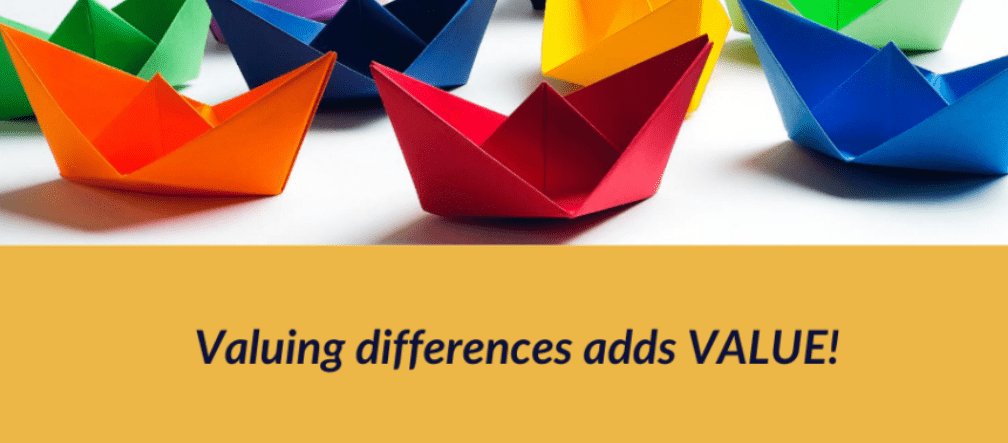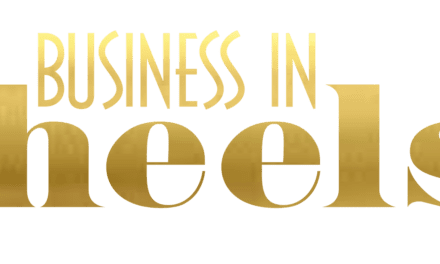
Respect and trust are powerful within a relationship and an organisation to achieve success. The more respect and trust between individuals and within teams the more motivation, engagement and productivity a team and organisation can achieve.
What about when individuals have differing views of organisational values?
As a leader how do you get your team on the same page about organisational values?
How do you value the differences in opinion, belief and understanding?
The starting point is to understand what is important to your team members, what are their values? Then, consider what it means to them as an individual, what are their underlying beliefs of those values. This is where you see differences in values.
Many individuals can have the same values with different beliefs and meaning for those values to them. This can leak into the organisations values. All staff may align with the values but for different reasons, different meanings, different experiences. That is ok, that is life, that is immensely valuable.
With different meanings and experiences, a team is sitting on a gold mine of growth, learning and transformation.
Different does not mean wrong. Different does not mean misalignment. Different means opportunity.
When I work with teams I conduct regular sessions with them on team dynamics, valuing differences (whether that is values, ways of learning, capability levels) and understanding how to use such differences to their best possible advantage for the team.
The attention to these foundations is critical to the success of the team that you lead.
One activity that you can conduct for your team to achieve understanding, and build respect and trust within the team is around individual and organisational values. What do they mean and what is the team’s non-negotiables in relation to these values to support the team mechanics and achieving outcomes.
The best time to do this activity is when the team is completely separated from the day-to-day activities of work with dedicated time to focus and connect with the process and their team members i.e. Team Day. It is also even more powerful to have an external facilitator to lead the day so you can completely connect with the team and activities. It is important to create an environment where role, hierarchy and status are not leading, its about seeking to understand, about valuing differences and building respect and trust.
1. Seek to understand your team members individual values, this includes you. Have each team member take some time to identify their values by answering the question (with 1-2 word responses) ‘What is important to them?’
2. Now based on what they have identified as their values (i.e. Respect), ask the question ‘What does this mean to you? – You are now seeking them to articulate their belief around ‘Respect’ as a value (i.e. With respect comes trust)
3. Now in pairs have team members share their values with each other along with their corresponding belief/s.
4. Have each pair share back to the team what they learnt about their fellow team member – what is important to them and why.
5. Now that the team has learnt something about their team members, turn to the values of the team/organisation and as a group work through each value to identify the team’s beliefs of these values. What do they mean to them as a team?
Many beliefs, opinions, suggestions shared from the team. This is fantastic, capture it all. Come to an agreed list under each value as the starting point. Now you have an initial point to start work together as a team to refine your teams beliefs of the values, your non-negotiables, your expectations and solidify your foundations.
Like an individual activity, team values and beliefs benefit from a regular review and refresh as the team builds, develops and performs.
Values and beliefs do transition over time therefore the more you reconnect with your individual values and beliefs and your teams as a group the more respect, trust and performance you achieve.
Valuing differences adds value.
www.sherrenedkins.com.au/work-with-me




